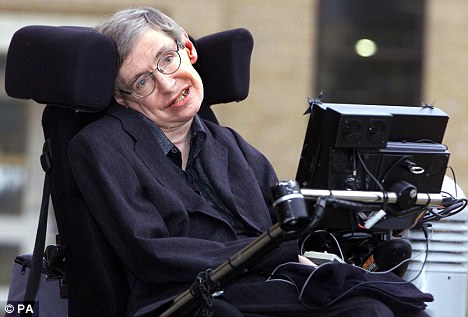Popeye
Well-Known Member
Well, I think I'll take the distinguished Dr Hawking's word, over that of IBD or any politician that is financed by the insurance and pharmaceutical industries.

http://www.dailymail.co.uk/news/art...evil-Orwellian-high-level-US-politicians.html
Professor Stephen Hawking has spoken out in defence of the NHS after high-level U.S. politicians have branded the National Health Service 'evil' and 'Orwellian'.
The British professor, who has suffered from Lou Gehrig's disease for 40 years, insisted that he 'would not be here' were it not for the NHS.
He spoke after an editorial in Investor's Business Daily, a national financial newspaper in the U.S. that also runs articles by columnists on the Left and the Right, launched a misinformed attack on the NHS.
In an editorial commenting on the healthcare debate that has gripped America this summer, the newspaper claimed: ' People such as scientist Stephen Hawking wouldn't have a chance in the UK, where the National Health Service would say the life of this brilliant man, because of his physical handicaps, is essentially worthless.'
However Professor Hawking- who as recently as April was treated in an NHS hospital, Addenbrooke's hospital in Cambridge - quickly rubbished the claim.
'I wouldn’t be here today if it were not for the NHS,' he told the Guardian. I have received a large amount of high-quality treatment without which I would not have survived.'

http://www.dailymail.co.uk/news/art...evil-Orwellian-high-level-US-politicians.html


